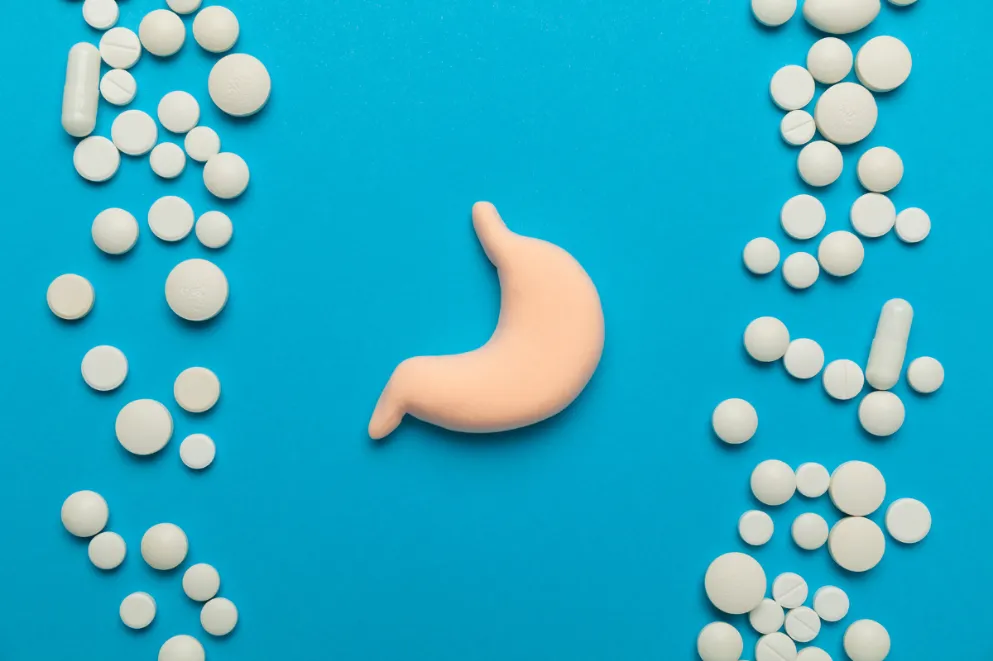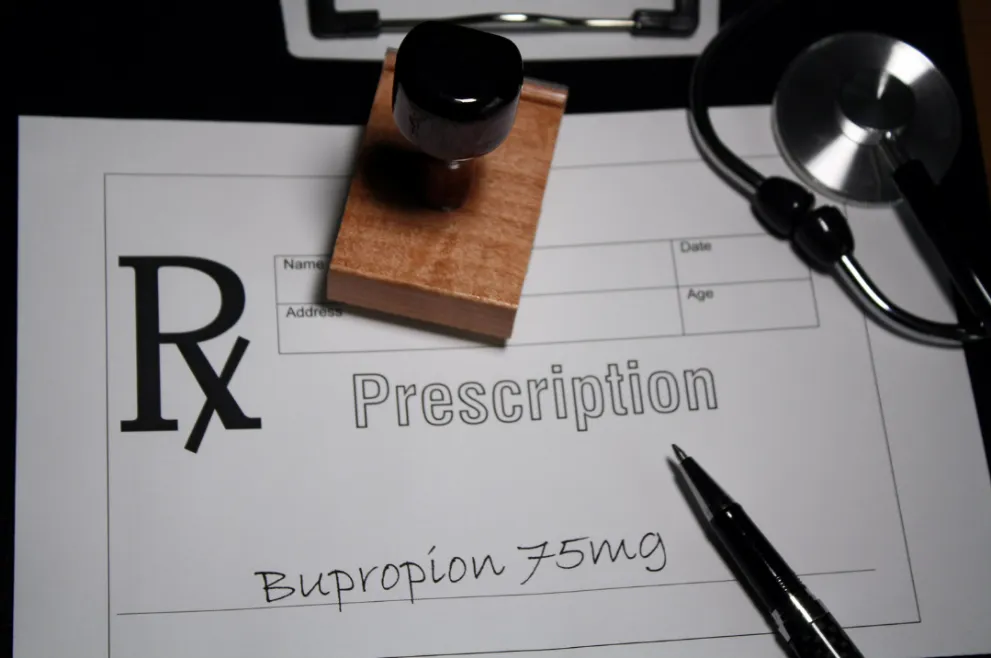What Exactly is Zantac?
Zantac is a particular brand of ranitidine. As a histamine-2 receptor blocker, ranitidine reduces the amount of acid produced in the stomach. It's used to treat and prevent stomach and intestinal ulcers and also manage conditions where the stomach overproduces acid, like Zollinger-Ellison syndrome.
Why Did Ranitidine Get Recalled?
The FDA has been investigating the presence of NDMA and other similar impurities in medications known as Angiotensin II Receptor Blockers (ARBs), used for treating high blood pressure and heart failure since 2018. As the investigation continued, multiple ARBs were recalled because unacceptable levels of nitrosamines were found. Similarly, early tests suggested the presence of low levels of NDMA in ranitidine, leading pharmaceutical giants Novartis and Apotex to recall their ranitidine products sold in the U.S.
Many leading pharmacies, taking a cautious approach, also pulled Zantac from their shelves in response to the FDA's alert about the potential presence of low NDMA levels in ranitidine products.
By April 2020, the FDA had found that NDMA levels increased over time under normal storage conditions, and storing ranitidine at higher temperatures further increased these levels. This meant that consumers could be exposed to even higher NDMA levels, prompting the FDA to issue a stronger recall request.
Are There Alternatives Available?
While ranitidine has been recalled, there's no need to worry as there are other alternatives available to keep stomach acid in check. Over-the-counter H2 blockers such as Pepcid and Tagamet are great options. Antacids like Rolaids, Tums, and Mylanta can also bring relief for heartburn and indigestion. Moreover, proton pump inhibitors (PPIs) like Nexium, Prilosec, and Prevacid can be used without concern for NDMA. But keep in mind that PPIs are more potent and come with specific considerations that you should discuss with a healthcare professional.
















